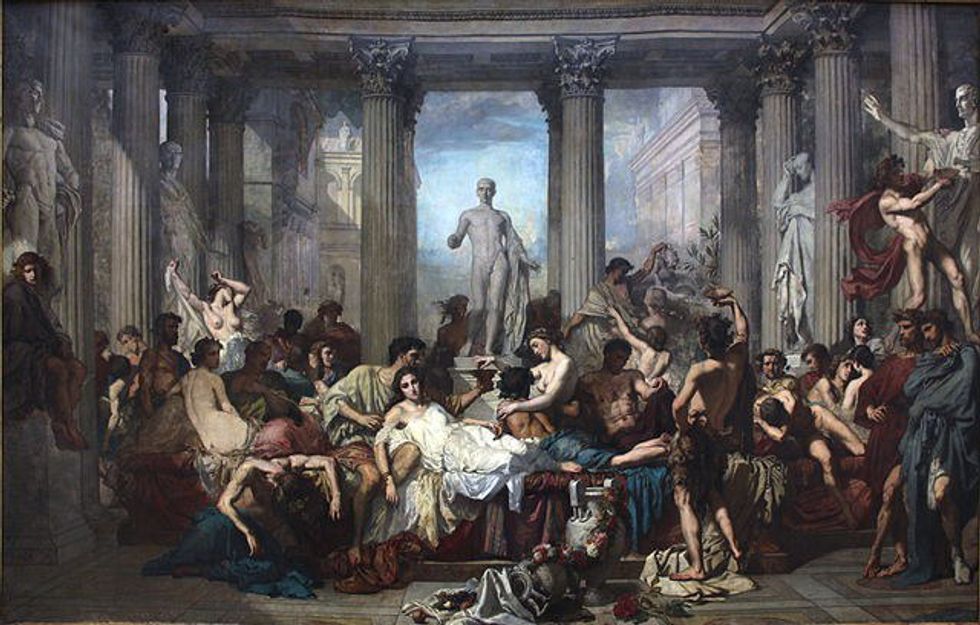There’s nothing new about making resolutions for the New Year. In fact, the tradition goes back as far as ancient Babylon, where the new year began closer to what would be March 21 on the Gregorian calendar, the time of the vernal (spring) equinox. Just like today, the Babylonians saw this as reason enough to party hard, but the ancients took the phrase “go big or go home” to a whole other level: holding an eleven day celebration called Akitu. Similar spring festivals are still celebrated in parts of modern-day Iran, Iraq, and Turkey. The festival honored the god Marduk in his victory against the goddess Tiamat, as well as the beginning of the planting season. In a political context, the celebration commemorated the crowning of a new king or the renewal of a king’s mandate to rule. Getting back to the topic of resolutions, the people would make resolutions for the new year, often about getting out of debt, and keeping those promises would earn them favor with the gods.
The early Roman calendar also began with the vernal equinox, but by the time Julius Caesar came to power, that calendar was no longer accurate. After consulting with astronomers and mathematicians, Caesar declared January 1st as the first day of the year, in honor of the two-faced god Janus, whom the month was named for. One of Janus’ faces looked to the past, and the other to the future. Romans would make sacrifices to Janus, exchange gifts, decorate their houses, and throw wild parties. Other than the sacrifices, that doesn’t sound much different than the way we celebrate today. Like the Babylonians, Romans would resolve to get out of debt, or to do deeds that made them more deserving of the gods’ favor. Today’s resolutions tend to be more secular, but the basic idea is the same: to give up bad habits and be a better person this year than we were last year. This shows that the ancient Babylonians or Romans weren't any better or worse at keeping their resolutions than modern people. It just goes to show that despite how much the times change, some things simply stay timeless.
How some of your New Year's Eve parties might end up





















